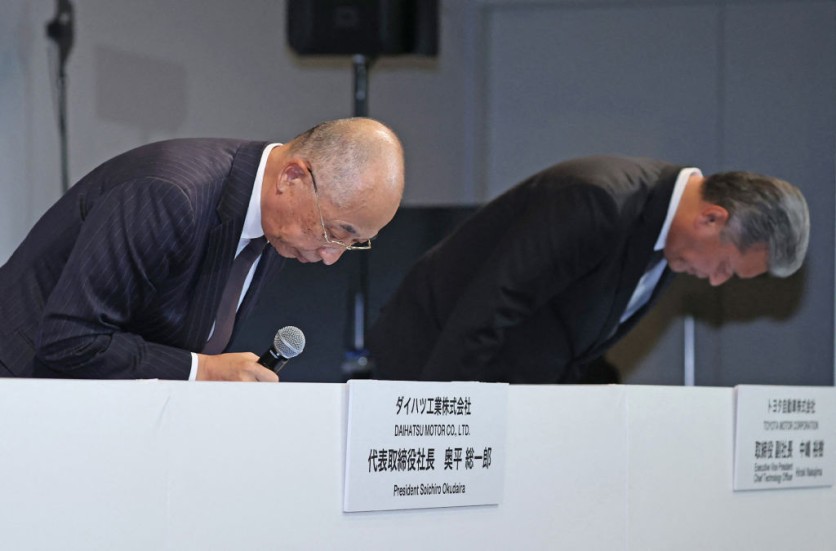Daihatsu, a subsidiary of global car giant Toyota, has shut down all four of its plants until the end of January following a startling admission of a 30-year safety test fraud.
The closure not only jeopardizes the jobs of 9,000 workers but also raises concerns about the potential impact on Toyota's hard-earned reputation.

Daihatsu Admits to Test Fraud
The BBC reports that Daihatsu confessed to manipulating safety tests on a staggering 64 models over the course of three decades. The closure of its headquarters in Osaka on December 25 was the final blow after earlier shutdowns in Oita, Shiga, and Kyoto prefectures.
Of the 64 models implicated, 24 bear the Toyota branding, putting the parent company's reputation at risk.
The falsification of test results was reportedly driven by intense pressure to maintain production levels.
While there is no indication that the actual products were unsafe, the revelation has exposed a significant issue - testing a car with specific components and then selling a car with different ones.
Impact on Workers and Daihatsu's Response
The shutdown raises concerns about the livelihoods of 9,000 workers in Japan. Daihatsu has committed to working with its main suppliers to address the fallout and may extend assistance to smaller subcontractors that might not receive compensation directly.
Additionally, the company plans to compensate 423 domestic suppliers with which it has direct business relations during the idle period.
Daihatsu, established in 1907 and contributing approximately 10% to Toyota's annual 10 million vehicle sales, has been a reliable subsidiary until this revelation.
The scandal comes as a blow to the Japanese automaker, which has worked tirelessly to rebuild its reputation after previous recalls in 2009 and 2012.
Roots of the Scandal
The fraud initially surfaced in April, focusing on collision tests being falsified. However, an independent commission by Toyota revealed deeper issues, including airbags and speed tests.
Motor industry analyst David Bailey highlighted that while there's no suggestion of product unsafety, the problem lies in testing a car with certain components and then delivering a car with different ones.
This scandal echoes broader industry concerns, with many analysts drawing parallels to the pressure carmakers face to grow rapidly.
The Volkswagen emission scandal in 2015 is often cited as another example where growth pressures led to regulatory violations.
Suspensions and Economic Impact
Daihatsu's response to the scandal includes suspending operations at three domestic assembly plants, with an uncertain timeline for resumption.
The Japan Times reports that the affected plants include Shiga, Kyoto, and Oita prefecture facilities. The automaker's labour union is pushing for 90% wages for workers during the suspension, highlighting the human impact of corporate missteps.
Beyond the immediate consequences, there are fears that the scandal could ripple effect on local economies, impacting parts suppliers and other businesses expecting strong year-end sales.
Stay posted here at Tech Times.
Related Article : Toyota to Expand Its Battery Electric Vehicles Line-up in Europe by 2026

Tech Times
ⓒ 2025 TECHTIMES.com All rights reserved. Do not reproduce without permission.




